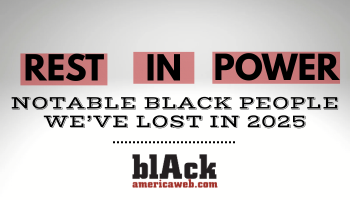Indianapolis Blocks Major AES Indiana Rate Hike
Indianapolis Reaches Settlement with AES Indiana on Disputed Rate Hike
The City of Indianapolis has reached a settlement with AES Indiana, closing a months-long fight over the utility’s rate-increase request. City officials say the new agreement lowers monthly costs, delays future hikes, and protects taxpayers from charges linked to old billing system issues. The AES Indiana rate hike quickly became one of the most debated proposals of the year.
City Lowers the Cost of the Proposed Rate Increase
AES initially asked for a large rate increase, arguing it needed money to cover rising expenses and projected 2026 operational costs. That request would have raised a typical customer’s monthly bill by about $21.
However, after long negotiations, the city secured a plan that cuts the increase nearly in half. A customer who uses 1,000 kilowatt hours per month will now see a rise of around $10 by 2027.
In addition, the settlement lowers the city’s street-lighting costs, which will save millions in the coming years.
The Deal Delays Future Hikes and Shields Taxpayers
City leaders highlighted that AES cannot file for another base rate increase until January 2030. This gives residents several years of financial stability before the next request.
The agreement also shields taxpayers from major charges. The city blocked AES from passing $40 million in uncollected account expenses and $7 million in waived late fees onto customers. Those costs came from the company’s earlier billing system problems. City officials called this a major win for residents.
AES Explains Why It Agreed to the Deal
AES Indiana said the settlement still gives the company enough revenue to maintain its grid and invest in central Indiana. The utility also agreed to reduce its vegetation management budget, labor expenses, and return on equity to help reach the final number.
Even with these cuts, AES said it remains committed to reliable service.
What Comes Next in the Approval Process
The agreement now moves to the Indiana Utility Regulatory Commission for review. The state consumer counselor has already voiced concerns and argued that AES overstated its needs. The office recommended a rate reduction, not an increase.
Even so, the IURC will make the final decision. Residents should follow the review process closely, because the ruling will determine how and when the AES Indiana rate hike takes effect.









